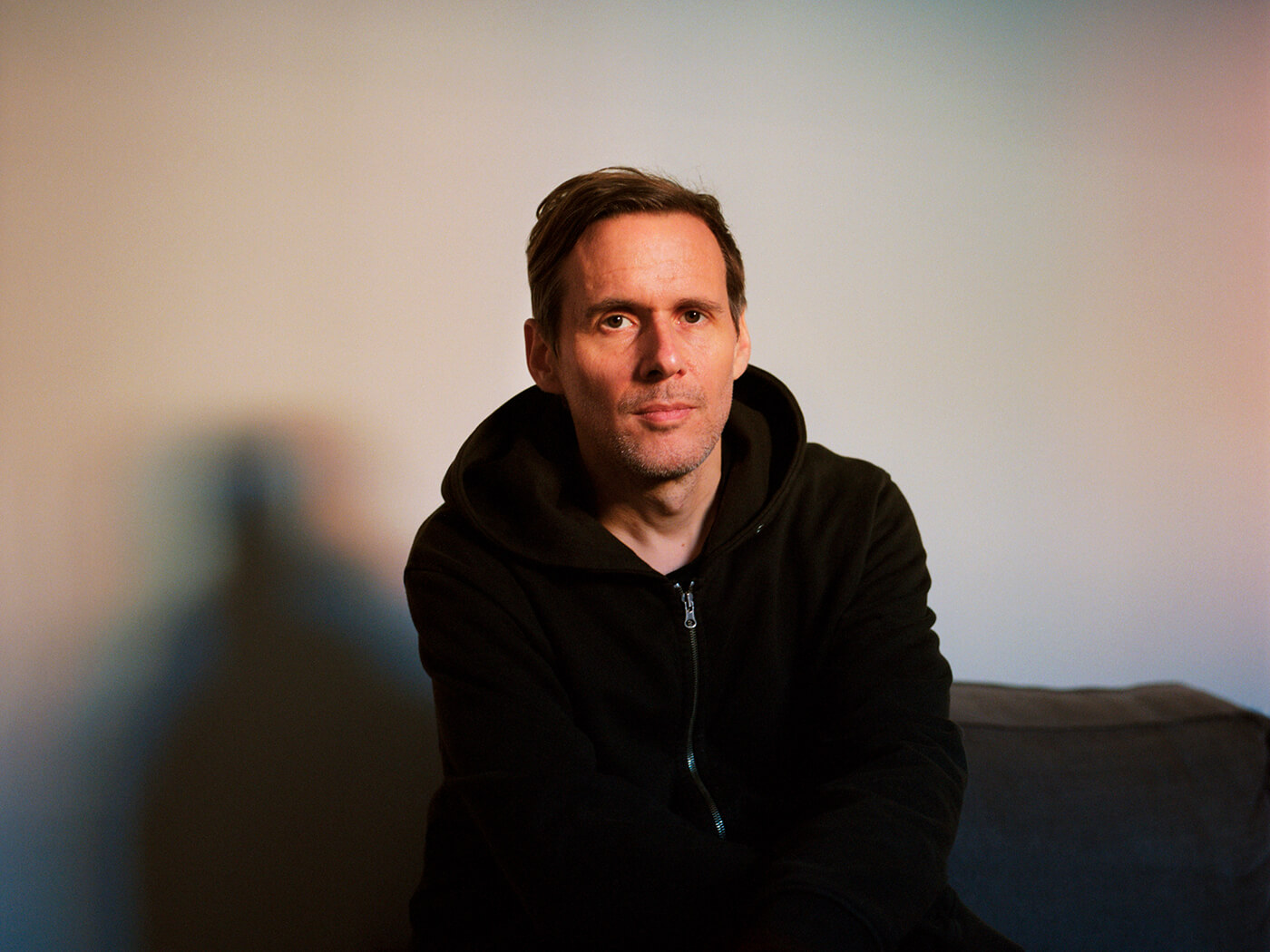Signing to Warp around the turn of the millennium, Chris Clark was always likely to find himself operating in the shadow of the label’s more illustrious names. Early releases duly combined the glazed childlike wonder of Boards Of Canada with the rhythmic disruption of Aphex Twin, but it wasn’t until 2014’s superb self-titled album that a distinct Clark style solidified: glinting and megalithic, occasionally euphoric but freighted with dread. An atmospheric soundtrack for Sky Atlantic crime drama The Last Panthers opened new doors, eventually leading – via remixes of Max Richter and noted proto-raver JS Bach – to an eye-catching transfer to German classical powerhouse Deutsche Grammophon.
So while in some ways Playground In A Lake feels like a stunning reinvention, it’s also the album that Clark’s been stealthily working towards for 20 years. Experiments with choral samples on 2017’s Death Peak and acoustic textures on 2019’s Kiri Variations have emboldened him here to abandon programmed beats entirely, his imperious Blade Runner sonics meshing organically with a more austere, pre-electric soundworld of piano, strings and madrigal-style vocals. Rather than the abstract imagery of his early Warp albums, Playground In A Lake tilts confidently at the big themes: loss of innocence, environmental destruction, the end of the world. We’re a long way from “Nostalgic Oblong” now.
Of course, dance producers have come a cropper in similar territory before – Goldie’s Saturnz Return springs to mind – and string sections can often be hideously misused as a kind of instant-whip gravitas. But Clark’s been careful to retain a razor-like focus amid this liberating new sonic landscape. While he’s cited the orchestral arrangements of Scott Walker as an influence, the opening tracks are more modest, each one foregrounding a different instrument – Oliver Coates’ cello, Rakhi Singh’s violin, Clark himself on piano – as if introducing characters in a play.
Their motifs are outwardly playful yet they keep circling around the same few notes, as if spiralling slowly towards an inevitable fate. On track five (“More Islands”) the machines begin to wrest control of the narrative. By track seven (“Disguised Foundation”) the vocals have acquired a metallic, alien tang and the strings are becoming more obviously chopped and processed, until eventually everything is consumed, on fearsome album centrepiece “Aura Nera”, by an eviscerating synth army.
At this point, Clark goes toe-to-toe with digital noise frontiersmen like Ben Frost and Tim Hecker, but arguably more radical is how Playground In The Lake also makes room for traditional songcraft without slackening the tension. Periodically we encounter what sounds like a plaintive English folk song, albeit one played on synthesisers and sung by a 12-year-old choirboy. It’s not too difficult to see why Nathaniel Timoney was recruited: his fragile yet stoic delivery is able to voice truths that from adult mouths might feel resigned or preachy.
The ravished innocence of Timoney’s delivery on “Emissary” (“I’m like an animal trapped in the flood … You just pretend to care”) is chilling, like the ghost of a Victorian child who’s witnessed something children aren’t meant to see. Current circumstances meant that Timoney had to contribute his vocals via Zoom; the occasional glitching you can hear as a result leaves a further scar of desperation on the recording, as the end times hinted at throughout begin prematurely hoving into view.
Its watery imagery would seem to peg Playground In A Lake as a climate-change fable, a reading that Clark has tentatively confirmed. He’s also called it an “extinction myth” and a story about “the last human on Earth”, which suggests he doesn’t hold out much hope for mankind’s chances of pulling back from the brink. Appropriately, the 11-minute closing track is entitled “Life Outro”. As a nod to symphonic tradition it reprises themes from earlier in the piece, but it also introduces elements we haven’t heard before: a woozy throng of brass and a distant blast of clarinet. Lights on the horizon? It’s hard to say, but either way the effect is breathtaking.
Playground In A Lake’s confident auteurist sweep marks it out as more than just an electronica dude dabbling in neoclassical waters, or another one of those stylish but ideologically vague imaginary soundtracks. A drumless, dreamlike odyssey haunted by a childlike spirit, perhaps the only comparable work of recent times is
Nick Cave And The Bad Seeds’ Ghosteen. Clark might not have the tools to open you up emotionally to quite the same degree, but he’s found an elegant and absorbing way to articulate the current mood of despair like few have managed so far. Here, as in all the best ghost stories, the scariest thing is what we’re doing to ourselves.

